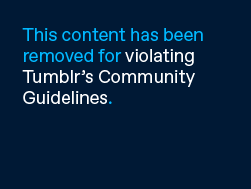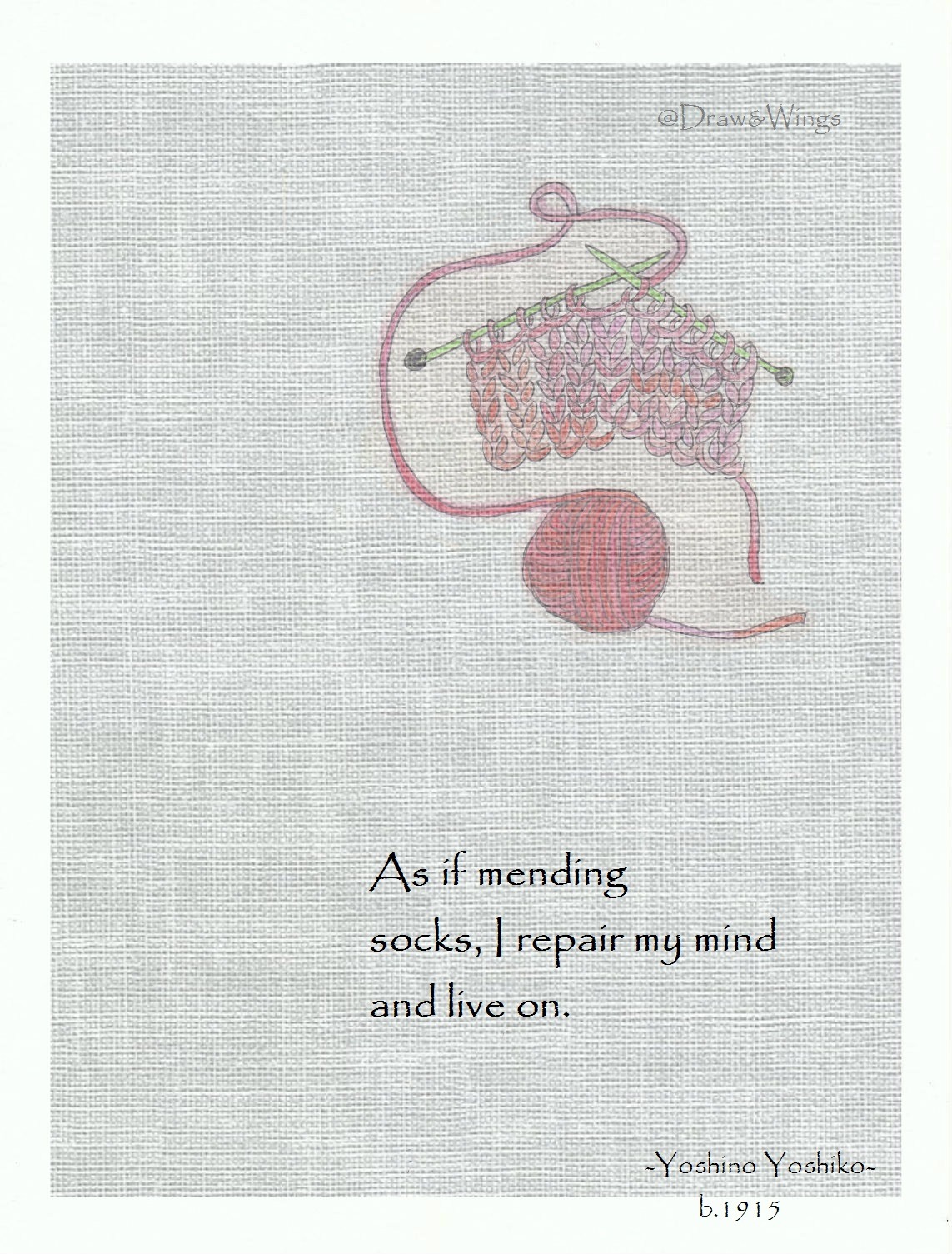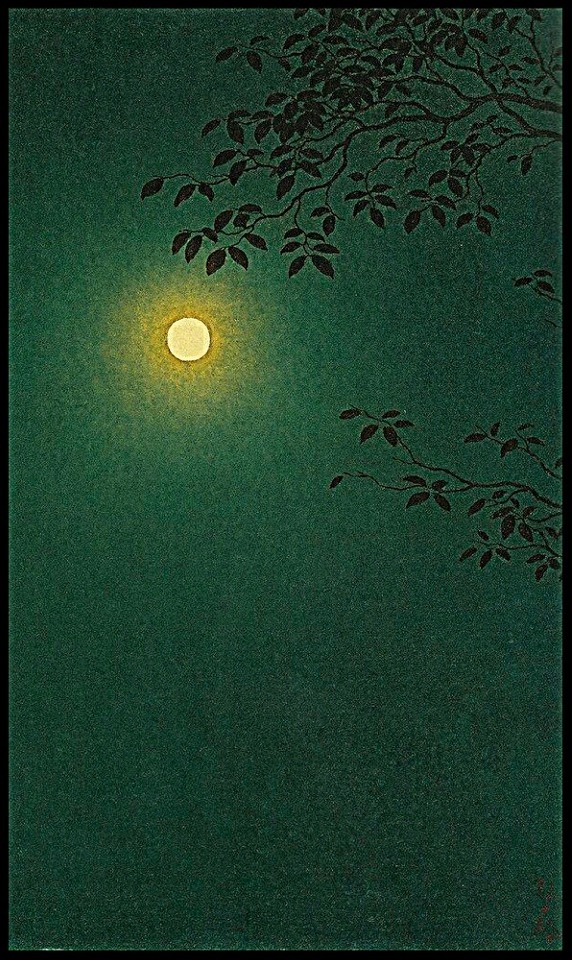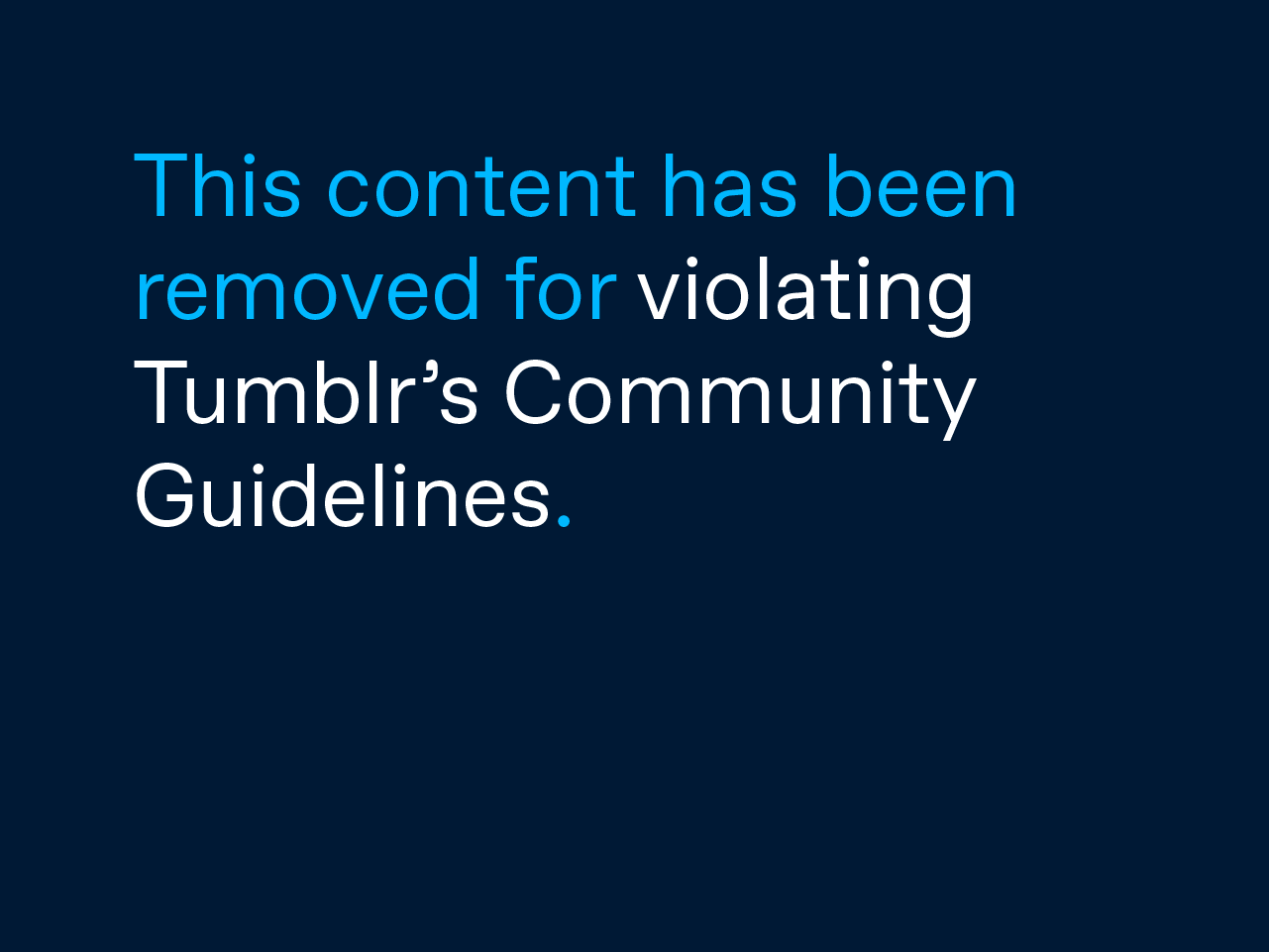The 18th-century Hasidic rabbi Zusha is supposed to have said that when he died and appeared before the heavenly court, they could ask him, "Why were you not as great as Abraham?" and he wouldn't be afraid; after all, he wasn't given Abraham's intellectual gifts. They could ask him, "Why weren't you Moses?" and he wouldn't be afraid; he didn't have Moses' skills as a leader. The question that frightened him was this: "Why weren't you Zusha?"
Friday, May 31, 2019
Thursday, May 30, 2019
Monday, May 27, 2019
Everything Wasn't All Right
Everything about this song just works: the harmonies, the drumming, the the story of heartbreak juxtaposed with the story of finding a slug.
Full lyrics HERE.
Sunday, May 26, 2019
Forces Build
The classic example of the competing theories is the Grand Canyon. If you live in the West, you were probably taught that over the last 70 million years the Colorado River has very slowly carved deep crevices through solid rock; if you live in the East, you were probably taught that a giant ice damn across the northern United States melted at the end of the Ice Age, releasing massive torrents of water that carved the canyons all at once.
I was thinking over my morning coffee how our lives are also a combination of the two forces. Sometimes our lives change slowly, imperceptibly, and it's only looking backwards that we see how far we've come. Sometimes the dam breaks, and we find ourselves thrust suddenly into a new and unfamiliar world.
But, whether slow or fast, change comes.
Thursday, May 23, 2019
Tuesday, May 21, 2019
Little or a Lot
One day a monk noticed a tear in Gautama Buddha’s robe and offered to stitch it, but Buddha refused his offer. He kept walking and begging alms in his torn robe. When he headed toward the hideout of a destitute woman, the monks were puzzled because they knew that she had no alms to offer. When she saw his torn robe, the woman offered to mend it with what little string she had. Siddhartha accepted and declared that her virtue would allow her to be reborn in her next life as a queen of the heavens. Many people who heard this story were inspired to acts of generosity of their own.
There's a very similar story in Christianity. From Mark 12: 41-44:
And Jesus sat over against the treasury, and beheld how the people cast money into the treasury: and many that were rich cast in much. And there came a certain poor widow, and she threw in two mites, which make a farthing. And he called unto him his disciples, and saith unto them, Verily I say unto you, That this poor widow hath cast more in, than all they which have cast into the treasury: For all they did cast in of their abundance; but she of her want did cast in all that she had, even all her living.
Saturday, May 18, 2019
Friday, May 17, 2019
Like feral waves to your mind
Thursday, May 16, 2019
One by One
"Men, it has been well said, think in herds; it will be seen that they go mad in herds, while they only recover their senses slowly, and one by one." ~Charles Mackay, in Memoirs of Extraordinary Popular Delusions and the Madness of Crowd ©1841, available for free at Project Gutenberg
Wednesday, May 15, 2019
3
Feminine: "Sister from Another Mister"
Neutral: "Sib from Another Crib."
Lighten Things Up
"If we’re not too confused or hard on ourselves, we will discover the sanity beyond habitual reactions. Identifying less with habits and more with our basic nature lightens things up. With more space in our mind, we take our reactions less seriously. We can watch them the way we would watch children at play-- knowing they will quickly wear themselves out." ~Dzigar Kongtrul Rinpoche
Tuesday, May 14, 2019
H.R. 5
It is opposed by the Catholic, Baptist, and Mormon churches. They argue that discrimination is such a fundamental part of their religion that they will be unable to practice their faith without it.
Most of us were taught as children to respect other people's religions, but I reject wholeheartedly any belief system that marginalizes or hurts people.
What these people have done is build a false idol of their own prejudices and insecurities, and insist on worshiping it as if it came from God. It's a sad combination of ridiculous and pitiful, and it should not be honored, respected, or protected.
First
"He saw her before he saw anything else in the room." ~Francis Scott Fitzgerald, One Interne (1932)
Monday, May 13, 2019
Consequences
"We interact with one another as individuals responding to a complex haze of factors: professional responsibilities, personal likes and dislikes, ambition, jealousy, self-interest, and, in at least some instances, genuine altruism. Living in the here and now, we are awash with sensations of the present, memories of the past, and expectations and fears for the future. Our actions are not determined by any one cause; they are the fulfillment of who we are at that particular moment. After that moment passes, we continue to evolve, to change, and our memories of that moment inevitably change with us as we live with the consequences of our past actions, consequences we were unaware of at the time."
Look!
"Look. This is your world! You can’t not look. There is no other world. This is your world; it is your feast. You inherited this; you inherited these eyeballs; you inherited this world of color. Look at the greatness of the whole thing. Look! Don’t hesitate-- look! Open your eyes. Don’t blink, and look, look-- look further." ~Chögyam Trungpa
Sunday, May 12, 2019
So Much Easier
And it just isn't.
“Some people are uncomfortable with silences. Not me. I’ve never cared much for call and response. Sometimes I will think of something to say and then I ask myself: is it worth it? And it just isn’t.” ~Miranda July
Saturday, May 11, 2019
I've hungered
I like it when an artist doesn't just cover a song, but reworks it to make it their own.
Full lyrics HERE.
What would be the need?
With which to cover the surface of the earth?
But (just) leather on the soles of my shoes
Is equivalent to covering the earth with it.
Likewise it is not possible for me
To restrain the external course of things
But should I restrain this mind of mine
What would be the need to restrain all else?
~Shantideva (via)
Friday, May 10, 2019
Thursday, May 9, 2019
Conscience and Remorse
Conscience and Remorse
by Paul Laurence Dunbar
"Good-bye," I said to my conscience--
"Good-bye for aye and aye,"
And I put her hands off harshly,
And turned my face away;
And conscience smitten sorely
Returned not from that day.
But a time came when my spirit
Grew weary of its pace;
And I cried: "Come back, my conscience;
I long to see thy face."
But conscience cried: "I cannot;
Remorse sits in my place."
Paul Laurence Dunbar's poems are in the public domain, and may be downloaded freely from Project Gutenberg.
Wednesday, May 8, 2019
'Neath the old apple tree
The Old Apple Tree
by Paul Laurence Dunbar
There's a memory keeps a-runnin'
Through my weary head to-night,
An' I see a picture dancin'
In the fire-flames' ruddy light;
'Tis the picture of an orchard
Wrapped in autumn's purple haze,
With the tender light about it
That I loved in other days.
An' a-standin' in a corner
Once again I seem to see
The verdant leaves an' branches
Of an old apple-tree.
You perhaps would call it ugly,
An' I don't know but it's so,
When you look the tree all over
Unadorned by memory's glow;
For its boughs are gnarled an' crooked,
An' its leaves are gettin' thin,
An' the apples of its bearin'
Would n't fill so large a bin
As they used to. But I tell you,
When it comes to pleasin' me,
It's the dearest in the orchard,--
Is that old apple-tree.
I would hide within its shelter,
Settlin' in some cosy nook,
Where no calls nor threats could stir me
From the pages o' my book.
Oh, that quiet, sweet seclusion
In its fulness passeth words!
It was deeper than the deepest
That my sanctum now affords.
Why, the jaybirds an' the robins,
They was hand in glove with me,
As they winked at me an' warbled
In that old apple-tree.
It was on its sturdy branches
That in summers long ago
I would tie my swing an' dangle
In contentment to an' fro,
Idly dreamin' childish fancies,
Buildin' castles in the air,
Makin' o' myself a hero
Of romances rich an' rare.
I kin shet my eyes an' see it
Jest as plain as plain kin be,
That same old swing a-danglin'
To the old apple-tree.
There's a rustic seat beneath it
That I never kin forget.
It's the place where me an' Hallie--
Little sweetheart--used to set,
When we 'd wander to the orchard
So 's no listenin' ones could hear
As I whispered sugared nonsense
Into her little willin' ear.
Now my gray old wife is Hallie,
An' I 'm grayer still than she,
But I 'll not forget our courtin'
'Neath the old apple-tree.
Life for us ain't all been summer,
But I guess we 'we had our share
Of its flittin' joys an' pleasures,
An' a sprinklin' of its care.
Oft the skies have smiled upon us;
Then again we 've seen 'em frown,
Though our load was ne'er so heavy
That we longed to lay it down.
But when death does come a-callin',
This my last request shall be,--
That they 'll bury me an' Hallie
'Neath the old apple tree.
The cadence of this poem reminds me of Rudyard Kipling.
Paul Laurence Dunbar's poems are in the public domain, and are available at Project Gutenberg.
Tuesday, May 7, 2019
The Chattering of Birds
"I am like a tree in a forest. Birds come to the tree, they sit on its branches and eat its fruits. To the birds, the fruit may be sweet or sour or whatever. The birds say sweet or they say sour, but from the tree’s point of view, this is just the chattering of birds." ~Ajahn Chah
Monday, May 6, 2019
Shhhh…

Excerpted from the book Natural Great Perfection: Dzogchen Teachings And Vajra Songs by Nyoshul Khen Rinpoche, ©2009:
Even in this world, and even now, there are said to be many hidden yogis or discreet yogis, called bepay naljor in Tibetan. It means those realized ones who are not generally recognized as great spiritual sages or saints, but have deeply tasted the fruit of enlightenment, and are living it. Perhaps they are anonymously doing their good works here among us right now!
The infinite vast expanse is one’s own inconceivable nature. Who can say who has realized it and who hasn’t? When we travel around the world or experience other dimensions, there are so many beings who have tasted it. We can see it in their behavior, in their countenance, and in stories that are told—not just in the Dzogchen tradition or the Buddhist tradition, but in any tradition, and in our Western world too.
This true nature is so vast and inconceivable that even some birds and animals and beings in other unseen dimensions can be said to have realized it, as in some of the ancient Indian Jataka stories and other teaching tales. It is always said that everything is the self-radiant display of the primordial Buddha Samantabhadra. There are infinite numbers of Buddhas and infinite numbers of beings. Who can say who is excluded from it?
•
"Be not forgetful to entertain strangers: for thereby some have entertained angels unawares. " ~Hebrews 13:2
Sunday, May 5, 2019
Sad to Say
Harry Belafonte was a favorite of my mother's. While in college in the 50s, she sneaked off to see him perform live.
She had most of his albums, and now I have them.
Full lyrics HERE.
Pieces
"I am pieces of all the places I have been and the people I have loved. I’ve been stitched together by song lyrics, book quotes, adventure, late night conversations, moonlight & the smell of coffee." ~Brooke Hampton
Saturday, May 4, 2019
The Pinnacle of Evolution
"Each people is, I believe, inclined to believe it is the purpose of history, that all that has happened is leading to the now, to this world, this country. Few of us see ourselves as fleeting phantoms on a much wider screen, or that our great cities may someday be dug from the ruins by archeologists of the future." ~from Education of a Wandering Man: A Memoir by Louis L’Amour ©1989
I had bought this autobiography for my father, who was a fan of L'Amour's books, and he hated it. I am not a fan of L'Amour's books, but loved it.
"C'est la vie," say the old folks, "it goes to show you never can tell." :)
Friday, May 3, 2019
We do not at present educate people to think but, rather, to have opinions…
Acquiring an education has many aspects, of which school is only one, and the present approach is, I believe, the wrong one. Without claiming to have all the answers, I can only express my feeling that our methods of instruction do much to hamper a child in learning. Our approach is pedestrian. We teach a child to creep when he should be running; education becomes a task rather than an excitement. Yet each of us can remember one or two teachers who made learning an adventure, which it surely is.
Personally, I believe children should be taught to see, to observe, and to subject what they have seen to analysis, and this in the earliest grades. Very young children will often learn a difficult subject easily unless someone tells them it is "hard." To me it also seems obvious that a child should be taught some methods of reasoning, methods of scientific investigation. Children have an innate feeling for logic and, given the opportunity, would learn quickly.
Such instruction would be unthinkable in any country not a democracy, and if carried out in a democracy it might clear the air of a lot of loose thinking, loose public speaking, and the kind of questionable statements that fill the air during political and other campaigns. The first generation of parents who had such children would have a difficult time but would find their own thinking undergoing drastic change.
We do not at present educate people to think but, rather, to have opinions, and that is something altogether different. Many of the political ideas that have disturbed the world in the past fifty years could not exist in such an atmosphere.
Thursday, May 2, 2019
An Incomplete Education
"Unfortunately, in most of our schools the history of Europe and North America is taught as if it were the history of the world. The rest of the world is referred to only when Europeans or Americans were invading or trading. There has recently been a small change for the better but not nearly enough." ~from Education of a Wandering Man: A Memoir by Louis L’Amour ©1989
The way I was taught about Europe and the way I was taught about Africa and Asia were very different.
I know that Europe consists of many different cultures in a rather small area, and that they haven't always gotten along well with each other. I know that each culture eats different foods, wears different clothes, attends different churches, sings different songs, dances different dances, tells different stories.
But when it comes to the much larger continents of Africa and Asia, I was taught as if each were sort of a homogeneous lump, a great big mass of people who all looked, acted, and thought exactly alike.
That's a rather uninteresting, not to mention dehumanizing, way to look at the world, and I have to think it has contributed to the current xenophobia that is currently dominating American politics.
Wednesday, May 1, 2019
A Retired Statistician
by Beverley Bie Brahic
In his dishevelled garden my neighbor
Has fourteen varieties of apples,
Fourteen trees his wife put in as seedlings
Because, being sick, she wanted something
Different to do (different from being sick).
In winter she ordered catalogues, pored
Over subtleties of mouthfeel and touch:
Tart and sweet and crisp; waxy, smooth,
And rough. Spring planted an orchard,
Spring projected summers
Of green and yellow-streaked, orange, red,
Rusty, round, wormholed, lopsided;
Nothing supermarket flawless, nothing imperishable.
Gardens grow backward and forward
In the mind; in the driest season, flowers.
Of the original fourteen, five trees
Grow streetside, outside the hedge.
To their branches my neighbor, a retired
Statistician, has clothes-pegged
Slips of paper, white pocket handkerchiefs
Embroidered with the words:
The apples are not ripe, please don’t pick them.
Kids had an apple fight last week.
In September, when the apples ripen,
Neighbors are welcome to pick them, even
Those rare Arkansas Blacks that spill over
The hedge. Yes, I may gather the windfalls.
Mostly it’s squirrels that throw them down.
Squirrels are wasteful. Squirrels don’t read
Messages a widower posts in trees.
The poem above is from the April 22, 2019 issue of The New Yorker. If you click over to their web page, HERE, you can hear the poem read by the author.
The future's open wide…
I like two things about this song: the interesting way they use the drums to emphasize the chorus, and the optimism of the lyrics.
Full lyrics HERE.


